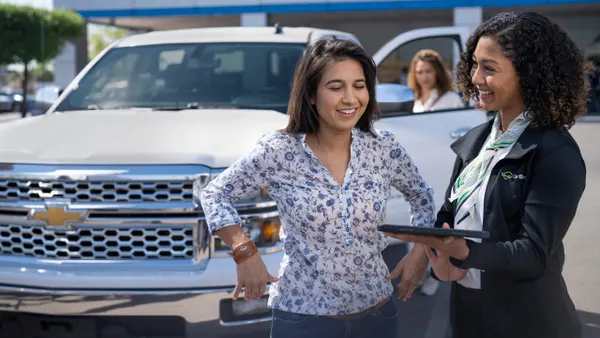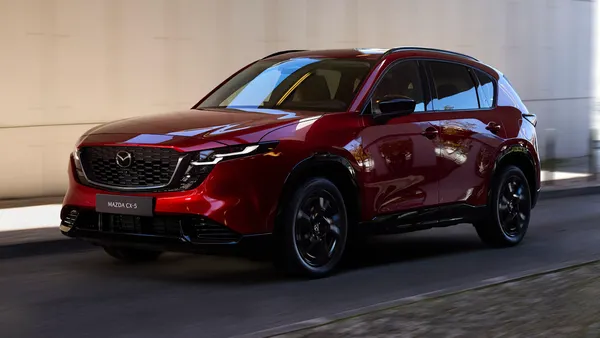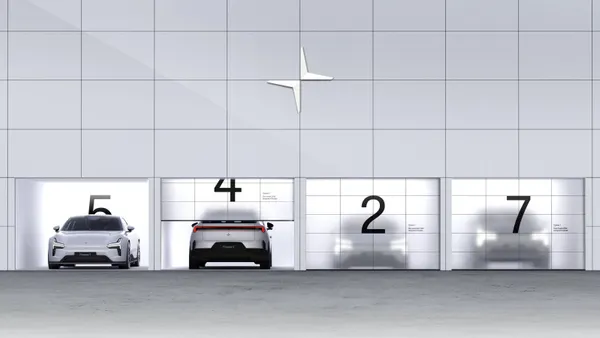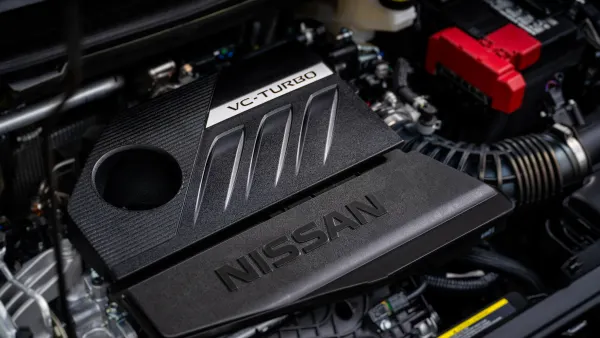Editor's note: This story is part of the WardsAuto digital archive, which may include content that was first published in print, or in different web layouts.
All new cars registered in Washington state from 2030 would have to be electric-powered under legislation signed by Gov. Jay Inslee.
The 2030 target, aimed at phasing out the sale, purchase or registration of new cars powered by gasoline or diesel internal-combustion engines, is the nation’s earliest – coming five years ahead of 2035 deadlines established by California, New York and Massachusetts.
The “Clean Cars 2030” legislation signed last week also creates an interagency council given a Dec. 31, 2023, deadline for creating a plan for achieving the 2030 target.
“The war in Ukraine and the burden of high gas prices on families demonstrate the importance of ending our dependence on gasoline and preparing for an all-electric transportation future,” Matthew Metz, co-executive director of Coltura, a Seattle-based nonprofit that lobbied for passage of the legislation, says in a news release.
“By targeting 2030 as an end date for the sales of gasoline cars in Washington, Clean Cars 2030 gives confidence to consumers, automakers, utilities, investors and others that now is the time to go all-in on an all-EV future.”
Inslee (pictured, left), a Democrat, says in a statement: “Transportation is our state’s largest source of greenhouse gas emissions. There is no way to talk about climate change without talking about transportation. This package will move us away from the transportation system our grandparents imagined and towards the transportation system our grandchildren dream of.”
EPA data shows there was a nearly 23% increase in transportation emissions, the largest documented increase of all industries tracked by the agency, from 1990 to 2019.
The 2030 target is included in a $16.9 billion transportation package that includes $25 million in rebates for EV purchasers in Washington, with another $95 million becoming available next year; $69.5 million for developing EV charging infrastructure for rural areas, multifamily housing, office buildings, schools and other public locations; and $3 million for charging infrastructure at state-owned sites.
The Legislature in April 2021 approved a bill setting a 2030 target for ensuring all light vehicles be electric-powered. But Inslee vetoed the legislation because he opposed its inclusion of a road-usage charge intended to make up for the loss of gasoline and diesel tax revenues. The legislation signed by Inslee last week does not include usage charges.
According to a report prepared for AAA Washington, reaching a goal of only zero-emission passenger vehicles in the state by 2030 would require a 40% annual increase in EVs – and EV registrations have increased 188% since 2016. Adjusted for population, Washington’s EV registrations are 5.6%, second only to California’s 8%.
Legislation setting a 2030 goal for EV-only sales also has been introduced in Rhode Island and Hawaii. The federal government in Canada has said it will outlaw new gasoline and diesel vehicle sales by 2035, while the Biden Admin. has set a target of achieving 50% EV market share in the U.S. by 2030.
Rebates of $7,500 for Washington residents who buy a new electric or fuel-cell vehicle, or $5,000 rebates for purchases of used EVs, could be included in the budget for the fiscal year beginning July 1. Details still to be worked out include income-eligibility thresholds and maximum EV selling prices, the Seattle Times reports.










